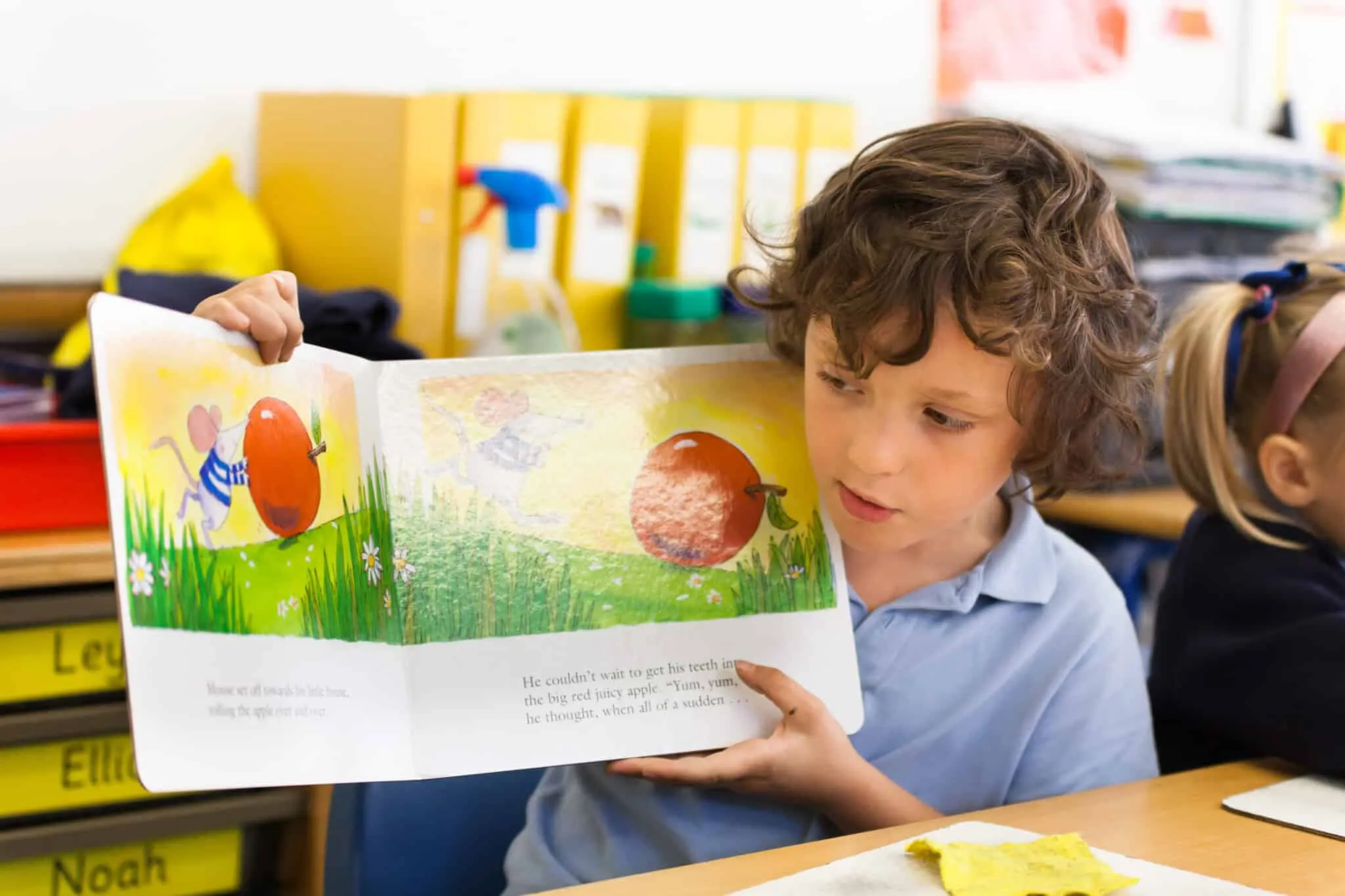September 13, 2017
A quick guide to primary reading assessments
As any teacher will know, reading is important for children to succeed, not only throughout their school life but beyond that. Reading encourages children to be exposed to a wide range of words, absorb imaginative content and helps with their vocabulary.
 What teachers will also know is that reading is one of the most difficult skills to assess. In primary reading assessments, there is no definitive black and white answer, more so it is understanding a particular child’s ability and being able to pin point where they are struggling or thriving.
What teachers will also know is that reading is one of the most difficult skills to assess. In primary reading assessments, there is no definitive black and white answer, more so it is understanding a particular child’s ability and being able to pin point where they are struggling or thriving.
In recent years, the Department for Education in England has encouraged primary reading testing to be taught as phonics. This has been met with criticism however, especially in regard to those who may already be readers when they arrive at school. In phonics, children are encouraged to sound-out words as opposed to recognising a word as a whole and reading it for the meaning. It creates an issue with decoding and concluding whether or not an individual child can appreciate the meaning of that word or just understands the pronunciation of it. In primary reading testing, there is a need to understand each child’s reading ability and allow for extra assistance or natural reading progression, without taking away reading for pleasure due to the constant feeling of being tested.
Star Reading is a system that provides teachers with powerful primary reading assessments. The computer adaptive assessments are fun to complete on computers or tablets, meaning the pupil is in a low stake environment, lessening the threat of traditional primary reading testing. It also acts as a monitoring tool, to show each student’s skills and what they need to focus on, assisting in a time-saving understanding of where each child is in their reading progression.
The effective use of robust and reliable assessment data is vital. We’re proud that Renaissance Star Assessments data has played a key role in researching learning loss as a result of COVID-19, alongside the Department for Education (DfE) and the Education Policy Institute. To learn more about the research so far, and what this means for policy-makers and teachers, read our new blog ‘Researching learning loss: findings from the second stage’.
To find out more about Star Reading
